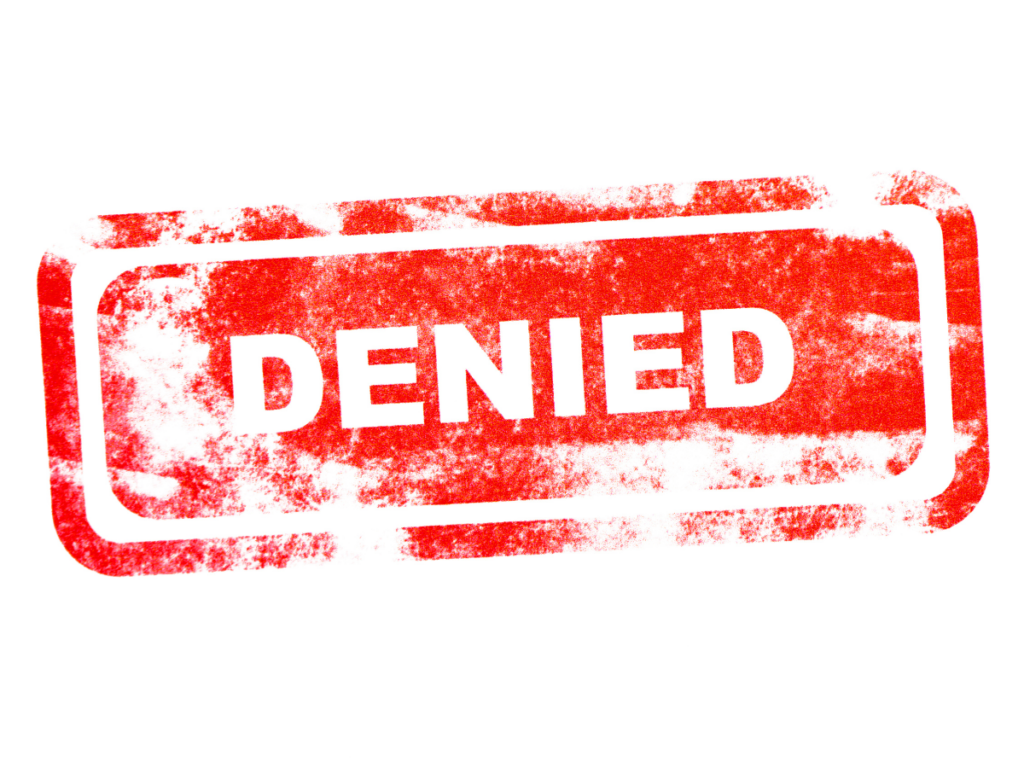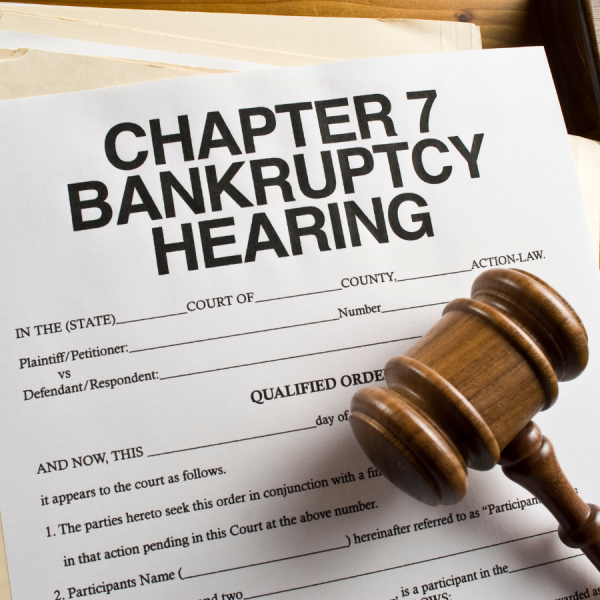Facing a denial for a debt consolidation loan can be disheartening, but it’s essential to view it as a temporary setback rather than a roadblock. In this blog post, we’ll explore practical steps and alternative strategies to help you regroup and move forward after being denied a debt consolidation loan.
Section 1: Understand the Reasons for Denial
Review Denial Letter:
If you received a denial, carefully review the letter or communication from the lender. It should provide insights into the specific reasons for the denial, such as credit score, income, or debt-to-income ratio.
Clarify Information:
Confirm the accuracy of the information provided in your loan application. Check for errors in income, employment details, or any other factors that may have contributed to the denial.
Section 2: Strengthen Your Financial Profile
Improve Credit Score:
Focus on improving your credit score by addressing any negative factors. Make timely payments on existing debts, reduce credit card balances, and resolve any inaccuracies on your credit report.
Increase Income:
Explore opportunities to increase your income, such as taking on a part-time job, freelancing, or pursuing additional sources of revenue. A higher income can improve your debt-to-income ratio.
Section 3: Explore Alternative Debt Consolidation Options
Consider a Secured Loan:
If unsecured loans are challenging to secure, explore the possibility of a secured loan. This involves offering collateral, such as a vehicle or savings account, to increase your chances of approval.
Look into Peer-to-Peer Lending:
Peer-to-peer lending platforms connect borrowers with individual lenders. These platforms may have more flexible lending criteria and could be an alternative to traditional lenders.
Section 4: Seek Professional Advice
Consult with a Financial Advisor:
Schedule a meeting with a financial advisor to discuss your situation. They can provide personalized advice on improving your financial profile and guide you towards more suitable debt consolidation options.
Credit Counseling Agencies:
Reach out to a reputable credit counseling agency for assistance. They can help you create a budget, negotiate with creditors, and provide guidance on debt repayment strategies.
Section 5: Reevaluate Your Budget
Budget Adjustments:
Reevaluate your budget and identify areas where you can cut expenses or allocate more funds toward debt repayment. Demonstrating a commitment to responsible financial management can strengthen your case for future loan applications.
Emergency Fund:
Building or replenishing an emergency fund can provide a financial cushion, reducing the risk of relying on credit in times of unexpected expenses.
Conclusion:
While a denial for a debt consolidation loan may feel discouraging, it’s crucial to approach the situation proactively. Understanding the reasons for denial, improving your financial profile, exploring alternative options, seeking professional advice, and reevaluating your budget are all steps toward regaining control of your finances. Remember, persistence and a strategic approach will contribute to your financial success in the long run.






Recent Comments